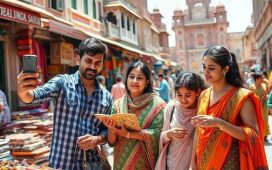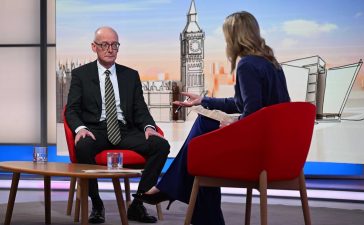
Elections now take place amidst far more other attractions than before – much of it happening online on a mobile phone screen. The stretched out 7-phase, 6-week marathon makes it even harder to pitch elections as a celebratory party of democracy, media overkill not helping. Ironically, even as personality cults – of sportspersons, celebrities, politicians – have grown stronger, elections serve only a small part of this function. To show support or admiration, voting is just one option – and the least demonstrative one in an age of hyper-demonstration. Add to this the loosening correlation between political results and the reason for one’s vote – candidates swapping camps, parties pitched against each other finding themselves aligned to each other post-polls, etc – and voting is less ‘participatory’ than believers believe. And smart kids know that.
Issues like merit-based exams, jobs, personal freedom and migration plans bear little bearing to electoral promises or deliveries where life seems only socially-engineered. So, is it all doom and gloom? Not quite, since as anyone who was once 18-19 knows, those eligible to vote for the first time will become older over time, and get into the spirit of things. As the 9% increase in the number of total registered voters from 2019 shows.









